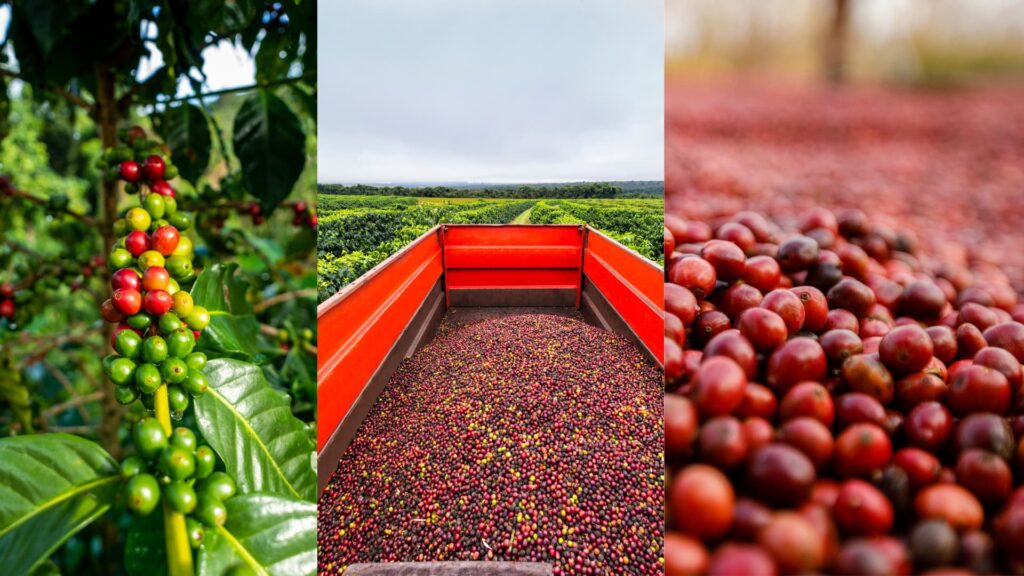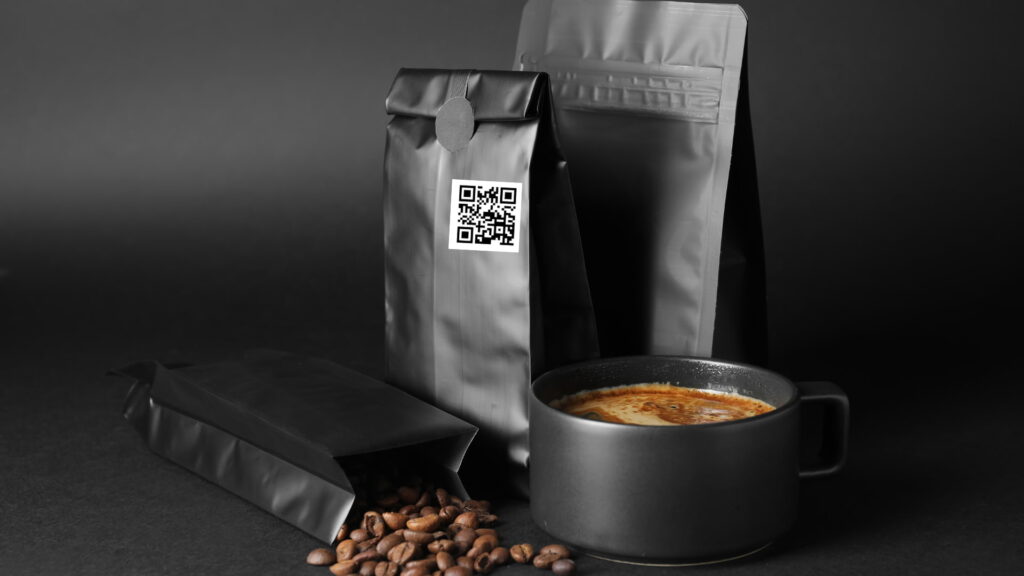Blockchain technology has the potential to revolutionize the food supply chain. It will empower consumers to partner with brands that adhere to sustainability best practices. Coffee companies get detailed information about their product’s journey and consumer trust. It allows ethical farmers and coffee brands to differentiate themselves from less-transparent competitors.
Every Coffee bean has a story

Coffee has been one of the world’s favorite beverages around for centuries. In many countries and societies, coffee has become a popular drink and an important part of the culture. Coffee’s popularity grew, and it soon became intertwined with the fast-paced lifestyle of the modern American.
Eventually, coffee did not become popular in the United States overnight. Drinking coffee became a social ritual, with individuals preferring to have a cup of coffee when they wanted to discuss something meaningful. It has evolved into a drink that may be consumed when you wish to initiate a friendly conversation or complete a business deal.
Coffee beans were processed differently when initially discovered from how we do now. Although this beverage had a potent aroma, its texture and flavor were unlike typical coffee. The next stage was to start roasting the beans, which is how coffee that is quite similar to our modern coffee came to be.

Coffee turned into an artistic trade in the 1960s, renowned for the diversity of its tastes. The main component in numerous exotic beverages was coffee, augmented by various tempting flavors.
Coffee production is rising worldwide and has reached higher levels due to the insatiable demand for caffeinated beverages. The fascinating potential health benefits of decent coffee usage have substantially enhanced demand. The market tends to be the highest in developed nations like the United States.
Traceability in the coffee industry

In the supply chain, it is essential to identify and trace raw materials, processing-related inputs, and the entire journey. The coffee industry is complex and faces many challenges due to its size of operations.
Coffee is grown in dozens of countries globally; most coffee beans originate from Brazil, Vietnam, Columbia, Indonesia, and Ethiopia. While we can trace the origins of coffee back hundreds of years, we are unclear about the source of coffee that we enjoy each morning.
The term ‘coffee traceability’ differs depending on whom you ask; if you ask a coffee lover or consumer, traceability concerns knowing where coffee beans originate and who grows them. For a producer, a traceable coffee system allows for better compensation and the potential to be recognized in their markets.

It allows producers to establish a name among coffee importers and roasters, create a brand for their farms, and gather input from coffee consumers. It may then use to help navigate future growth and processing procedures.
With so many natural resources devoted to coffee production, this market is inevitably linked to the UN’s goal of ending world hunger and improving food supply chain sustainability. However, there are several significant barriers that this industry must overcome to become more sustainable.
How does Blockchain technology help in Tracing?

You can track your coffee’s journey across the supply chain; it entails determining the answers to a few questions, such as:
- How was it grown and processed?
- How many growers received support?
- How did the beans get roasted?
- How was it transported?
- Which nation produces a specific type of coffee?
Tracing coffee through the supply chain using Blockchain can significantly aid participants committed to sustainability. It also allows farmers to showcase their efforts to produce sustainable coffee. With a Blockchain traceability system, farmers can determine precisely where their coffee beans are being delivered, which gives them more control over which partnerships they forge.
A coffee lover wants to know the journey
from the crop to their cups!
Blockchain tracing will empower consumers to partner with brands that adhere to sustainability best practices. Coffee companies get detailed information about their product’s journey and consumer trust. This strategy will allow ethical farmers and coffee brands to differentiate themselves from less-transparent competitors.

Additionally, blockchain tracing capabilities can pass on to consumers. Farmers and coffee makers can incorporate a QR code onto their product packaging. Consumers can scan the code to learn more about where the product came from and its journey to arrive at their local grocery store.
For more information, please visit https://www.farmtoplate.io/
Namrata Anand, Technical Content Writer at Paramount Software Solutions & farmtoplate.io
